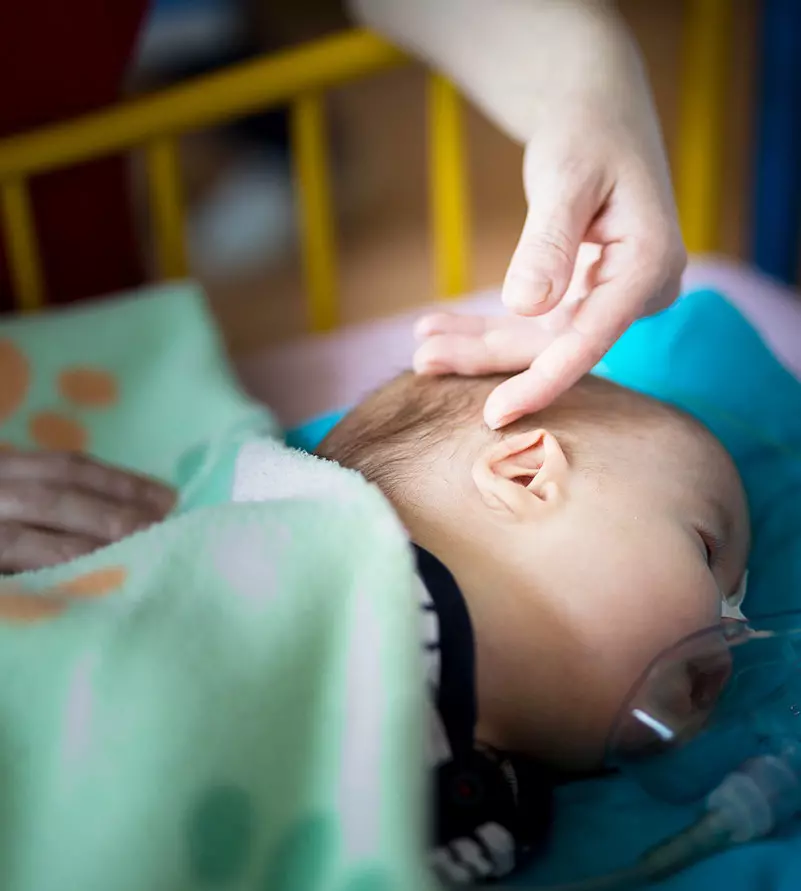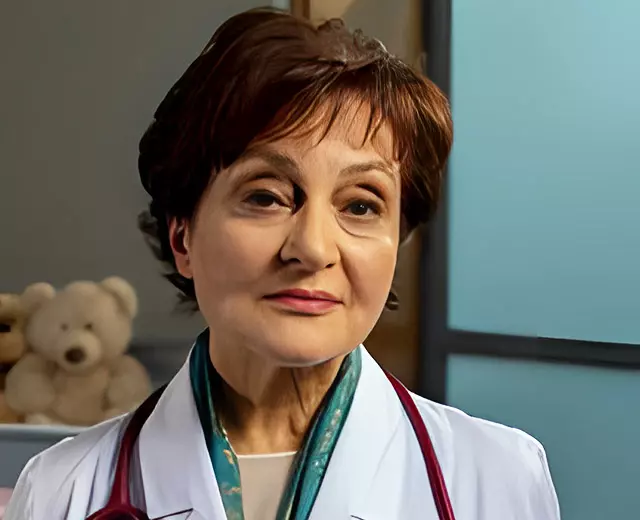
The Stationary Hospice provides care for children with incurable diseases who cannot be cared for and treated at home temporarily or on permanent basis.

Detailed information on requirements to be met to apply for a stay in a stationary hospice is available from:
The doctor in charge of the department
81 537 13 08
Ward nurse
81 537 13 09

acting head of the stationary ward, GP
List of incurable, progressive, life-limiting neoplastic and non-neoplastic diseases, in which guaranteed benefits are provided in the scope of palliative and hospice care.
Contact the doctor in charge at the hospice, tel. +48 81 537 13 08
A child referred to a stationary hospice should have a diagnosed with one of the qualifying for admission disease and an opinion that the causal treatment has been completed. Qualification for in-patient treatment is made by the hospice doctor.
The consent of the parents or guardians is required for a child to be able to stay in an in-patient hospice as well as acceptance of the principles of palliative care (the principle of providing the patient and the family with the greatest possible comfort, including pain relief and other persistent symptoms or avoiding persistent therapy that is not beneficial to the patient).
On the agreed date, the child, with a referral from the attending physician, working for NHS, is admitted to the stationary hospice.
During their stay at the stationary hospice, patients are provided with the care of a doctor, nurses, medical assistants, a psychologist, a physiotherapist, a chaplain and volunteers. We also provide necessary consultations, including dental ones.
Parents can stay with their children or rest in our hotel, located on the upper floor.

As part of hospice perinatal care,
we help families affected by
severe illnesses of children.
So far, we have had a dozen or so children,
whose parents let their children be born.
We provide full care for children
suffering from incurable diseases,
who cannot be cared for and treated
at home temporarily or permanently.
Hospice care enables
the child to stay in its own
home while maintaining high
standards of medical, psychological,
pedagogical, social and spiritual care.